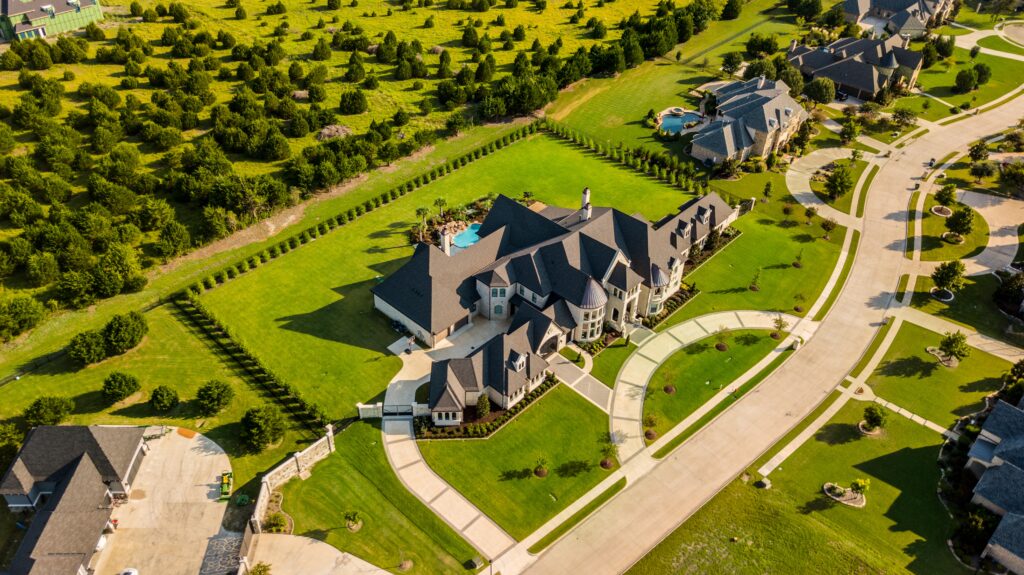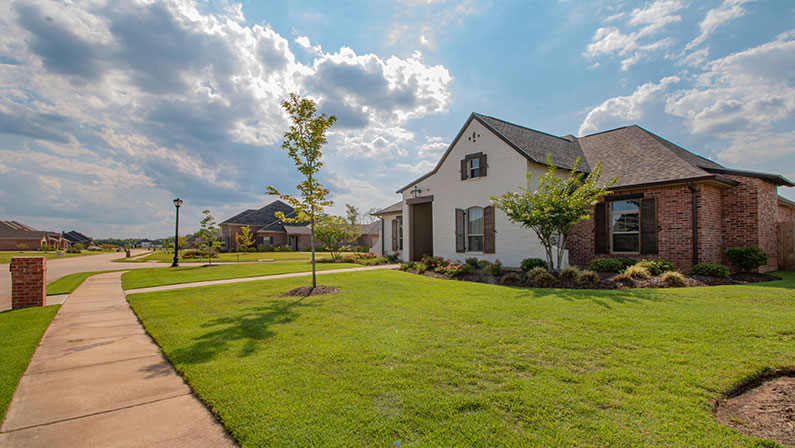The concept of sustainability has permeated various industries, and the real estate sector is no exception.
As our society becomes increasingly aware of environmental concerns, the demand for green real estate has soared. From eco-friendly construction techniques to energy-efficient features, the focus has shifted toward creating sustainable living spaces.
Get ready to explore the world of environmentally-conscious property development and discover how you can contribute to a more sustainable future.

What is Green Real Estate?
Green real estate, also known as sustainable or eco-friendly real estate, refers to properties that are designed, built, operated, and maintained with a focus on minimizing environmental impact and promoting sustainability.
These properties incorporate various eco-conscious elements and practices throughout their lifecycle. This includes using energy-efficient materials, implementing renewable energy sources like solar power, optimizing water usage through efficient plumbing systems, employing green building techniques, and prioritizing sustainable land use.
Green real estate aims to create environmentally responsible structures that reduce carbon emissions, conserve resources, and promote a healthier and more sustainable living environment.
Why is Green Real Estate Important?
Green real estate is of paramount importance due to several compelling reasons. From providing benefits to fight off climate change to building a better space for humans, green real estate is said to be a better solution for the future.
Mitigate Impact of Climate Change
Buildings significantly contribute to greenhouse gas emissions, with energy consumption and construction materials being the primary culprits. Green real estate aims to minimize these emissions by implementing sustainable practices.
This includes utilizing renewable energy sources like solar or wind power, employing energy-efficient technologies and materials, and implementing strategies to reduce waste generation.
Reduce Energy Consumption
Traditional buildings are notorious for their high energy demands, leading to increased reliance on fossil fuels and higher greenhouse gas emissions. Green real estate, on the other hand, focuses on optimizing energy efficiency through various measures.
These include incorporating energy-efficient appliances, utilizing intelligent home technologies for automated energy management, installing efficient insulation systems, and designing buildings to maximize natural lighting and ventilation.
Create Healthier Living Spaces
Green real estate prioritizes the creation of healthier living spaces for occupants. Traditional buildings often contain materials and finishes that emit harmful volatile organic compounds (VOCs), leading to poor indoor air quality and potential health hazards. In contrast, green buildings use non-toxic, eco-friendly materials that promote better air quality.
Natural lighting and access to outdoor spaces are also emphasized, promoting psychological well-being and enhancing occupants’ overall quality of life.
The Benefits of Sustainable Real Estate

Sustainable real estate development offers many benefits, including reduced environmental impact, healthier living environments, and positive community impact.
Lower Operational Cost
Sustainable real estate buildings incorporate energy-efficient technologies, such as LED lighting, smart thermostats, and efficient HVAC systems, significantly reducing energy consumption. These energy-saving features result in lower utility bills for property owners and tenants.
Improved Resale Value
Green buildings are in high demand due to their environmental benefits and energy efficiency. Buyers often pay a premium for properties designed and built sustainably. The increased demand for sustainable properties and the growing awareness of environmental issues make sustainable real estate an attractive option in the real estate market.
Enhanced Reputation
Adopting sustainable practices in real estate can also lead to an enhanced reputation for property owners and developers. Green buildings demonstrate a commitment to environmental responsibility and social consciousness. Such efforts resonate positively with the community, tenants, and potential investors.
Sustainability initiatives in real estate can contribute to a positive reputation and establish long-term relationships with stakeholders.
Lower Carbon Footprint
Sustainable real estate plays a vital role in reducing carbon footprints. Buildings significantly contribute to greenhouse gas emissions due to energy consumption and construction processes. Sustainable buildings incorporate energy-efficient features, renewable energy sources, and sustainable materials, all contributing to a lower carbon footprint.
Healthier Communities
Green buildings prioritize indoor air quality by using non-toxic materials and implementing proper ventilation systems. This helps reduce pollutants and allergens, resulting in healthier indoor environments.
Sustainable buildings often incorporate access to natural light, green spaces, and amenities that encourage physical activity and social interaction.
How Can Green Real Estate Put Professionals Ahead of the Market?
By embracing green real estate, professionals can take advantage of an array of benefits that contribute to their success in the market and align with the global shift toward sustainable practices, positioning professionals as leaders in the real estate industry.
Meet Customer Demands
In an increasingly environmentally conscious market, green real estate allows professionals to meet the growing demands of customers. Homebuyers and tenants are actively seeking properties that align with their sustainability values.
By offering green real estate options, professionals can tap into this expanding market segment and cater to the preferences of environmentally conscious clients.
Meeting customer demands sustainable properties positions professionals ahead of the market by providing sought-after options that resonate with a growing demographic.
Competitive Advantage
Embracing green real estate provides professionals a competitive advantage in the real estate market. As sustainable practices become more prevalent, offering green properties sets professionals apart.
Improved Reputation
Engaging in green real estate can significantly enhance professionals’ reputations within the industry and the community. By actively promoting sustainability initiatives and developing green properties, professionals demonstrate their dedication to environmental stewardship.
Cost Savings
Professionals involved in green real estate can enjoy significant cost savings. Energy-efficient buildings and sustainable practices reduce operational expenses, such as lower utility bills and maintenance costs.
Regulatory Compliance
Green real estate ensures professionals stay ahead of evolving regulatory requirements. Many governments and municipalities are implementing stricter environmental regulations and building codes to address climate change and promote sustainability.
Compliance with environmental regulations positions professionals as industry leaders who proactively address sustainability concerns.
Green Real Estate and Net Zero Carbon
Net Zero Carbon is essential in green real estate as it contributes to climate change mitigation, provides environmental benefits, offers economic advantages, and fosters innovation. By striving for Net Zero Carbon, the real estate sector can play a pivotal role in achieving a sustainable and low-carbon future.
What is Net Zero Carbon?
Net Zero Carbon refers to balancing the amount of carbon emitted into the atmosphere and the amount of carbon removed or offset.
In the context of green real estate, Net Zero Carbon aims to minimize or eliminate the carbon emissions associated with building construction, operation, and use. It involves implementing energy-efficient measures, utilizing renewable energy sources, and incorporating carbon offset strategies to ensure that the overall carbon footprint of a building or a real estate development is effectively neutralized.
Why is Net Zero Carbon Important?
Net Zero Carbon is crucial in green real estate for several reasons:
Addresses climate change
Firstly, it plays a significant role in addressing climate change and reducing greenhouse gas emissions. Buildings account for a substantial portion of global carbon emissions, and transitioning to Net Zero Carbon buildings is essential to mitigate climate change impacts and limit global warming. By prioritizing Net Zero Carbon, the real estate sector can contribute to international efforts to reduce carbon emissions and achieve climate targets.
Economic boost
Net Zero Carbon buildings have economic advantages. They can lead to reduced energy costs and operational expenses over the long term. By implementing energy-efficient technologies and renewable energy systems, building owners can decrease their reliance on external energy sources and protect themselves from rising energy prices. Net Zero Carbon buildings also tend to have higher market value and appeal to tenants and buyers who prioritize sustainability.
Technology and innovation
Net Zero Carbon practices in green real estate can foster innovation, drive technological advancements, and create new opportunities in the construction and energy sectors. It encourages collaboration among architects, engineers, developers, and policymakers to develop sustainable solutions and integrate them into building design and urban planning.
How Can Green Real Estate Help Achieve Net Zero Carbon?
By implementing the best practices, green real estate professionals can significantly reduce carbon emissions and move closer to achieving a sustainable, low-carbon future.
Energy Efficiency
Energy-efficient buildings are designed and constructed to minimize energy consumption. This includes implementing insulation, efficient HVAC (heating, ventilation, and air conditioning) systems, smart lighting controls, and energy-efficient appliances.
Renewable Energy
Utilizing technologies such as solar panels, wind turbines, or geothermal systems allows buildings to generate clean energy on-site. By relying on renewable energy sources, buildings can significantly reduce or eliminate their dependence on fossil fuels, significant contributors to carbon emissions.
Carbon Offsetting
Carbon offsetting involves investing in projects or initiatives that reduce or remove carbon emissions from the atmosphere. This can include supporting renewable energy projects, reforestation efforts, or investing in carbon capture and storage technologies.
By engaging in carbon offsetting, green real estate professionals can compensate for any remaining carbon emissions that cannot be eliminated through energy efficiency and renewable energy alone, effectively achieving a net zero carbon balance.
Sustainable Materials
Materials, such as recycled or low-impact materials, have a lower carbon footprint than traditional building materials. Green real estate professionals prioritize selecting sustainable, responsibly sourced, reduced environmental impact, and durable.
Health Benefits of Green Real Estate
Besides environmental and economic advantages, green real estate also benefits human health.
- Improved Indoor Air Quality: Green real estate promotes better indoor air quality by using non-toxic materials and implementing proper ventilation systems.
- Reduced Allergens and Asthma Triggers: Sustainable buildings minimize the presence of allergens and asthma triggers, creating a healthier living environment.
- Enhanced Mental Well-being: Access to natural light, green spaces, and amenities in green buildings improve mental well-being and reduce stress levels.
- Increased Physical Activity: Sustainable communities often incorporate walkable neighborhoods and access to recreational areas, encouraging physical activity and healthier lifestyles.
- Noise Reduction: Green real estate features soundproofing materials and design elements that help reduce noise pollution, creating a quieter and more peaceful living environment.
- Thermal Comfort: Energy-efficient insulation and proper HVAC systems in green buildings improve thermal comfort, ensuring occupants’ well-being and comfort.
- Biophilic Design: Green real estate incorporates biophilic design principles, connecting occupants with nature and promoting a sense of calm, focus, and overall well-being.
- Healthier Material Choices: The use of low-VOC (volatile organic compound) paints, eco-friendly flooring, and sustainable building materials in green buildings minimizes exposure to harmful chemicals.
- Stress Reduction: Living or working in green buildings has been linked to lower stress levels and increased productivity, fostering a healthier and more relaxed environment.
Stay Informed with Green Real Estate Best Practices
Real estate professionals can stay current on sustainable practices by continuously learning and networking within the industry.
They can attend conferences, seminars, and green building and sustainability workshops. Joining professional organizations and associations dedicated to sustainable real estate is also valuable for accessing resources, educational materials, and networking opportunities.
Additionally, staying informed through industry publications, research studies, and online platforms helps professionals stay abreast of the latest developments and best practices in sustainable real estate.
Premiere Green Real Estate Experts in Houston, Texas
When it comes to residential and commercial real estate in Houston, Texas, Apex Realtors stands out as a trusted and reputable company. With a solid commitment to delivering exceptional service and expertise, Apex Realtors assists clients in finding their dream homes or securing profitable investment properties.
As advocates of sustainable practices, Apex Realtors also prioritizes green real estate and assists clients in exploring environmentally friendly options.
Whether buying, selling, or leasing a property, Apex Realtors is dedicated to providing personalized solutions, guiding you through the real estate process with integrity and professionalism.

